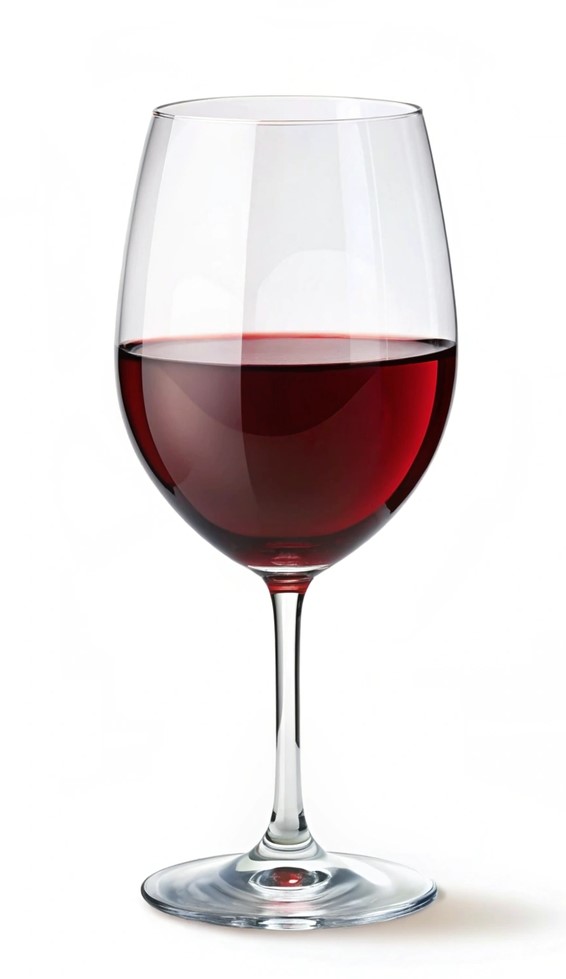Alcohol intake - women
Although men historically have drunk more alcohol than women, alcohol intake in women has increased.
In a 2014 survey, 64% of men in the previous week had drunk alcohol in comparison to 53% of women.
Following a review of the health effects of alcohol, government guidelines are that If you choose to consume alcohol, you should not regularly drink more than 14 units a week, whether you are a man or a woman.
This recommended limit is roughly equivalent to six alcoholic drinks (or less than one and a half bottles of wine) a week. If you do drink as much as 14 units per week, it is best to spread this evenly over three or more days.
The Health Survey for England found that around 1 in 6 women drank more than 14 units in a week. Drinking more than 14 units a week was highest among women aged 55-64 years and those living in higher income households.
Health effects of alcohol
Regularly drinking more than 14 units a week increases the risk of:
- cancers of the mouth, throat and breast
- stroke
- heart disease
- liver disease
- brain damage
- damage to the nervous system

The effects of alcohol on your health will depend on how much you drink. The less you drink, the lower the health risks.
Alcohol and pregnancy
Experts are still unsure exactly how much, if any, alcohol is completely safe for you to have while you're pregnant, so the safest approach is not to drink at all while you're pregnant or trying to become pregnant.
Reducing alcohol intake
If you regularly drink more than 14 units a week of alcohol, reducing the amount you drink or cutting it out of your diet can be challenging. Understanding what makes you want to drink and what you can do to cut down and stay motivated may help.
|
Trigger |
Top tips |
|
A long, stressful day |
Find another way to relax in the evening such as a relaxing soak in the bath, yoga or start a new hobby. Take a break from alcohol for a month or certain days in the week to break the habit. |
|
Dinner time |
Have a glass of water alongside your wine or add some sparkling water to your wine. Rather than finish the bottle, use the leftover wine in cooking or buy a good bottle stopper so you can save it for another day. |
|
Drinking with your partner |
Set goals and cut down on alcohol together. Save alcohol for a special occasion, such as a candle-lit dinner. Find an after-dinner activity you can do together which does not involve drinking like a walk or a session at the gym. |
|
Being sociable |
Alternate with non-alcoholic drinks, select low-alcohol drinks, smaller sized drinks or find a social activity which does not involve drinking. |
Information reviewed December 2016. Revised July 2018.
